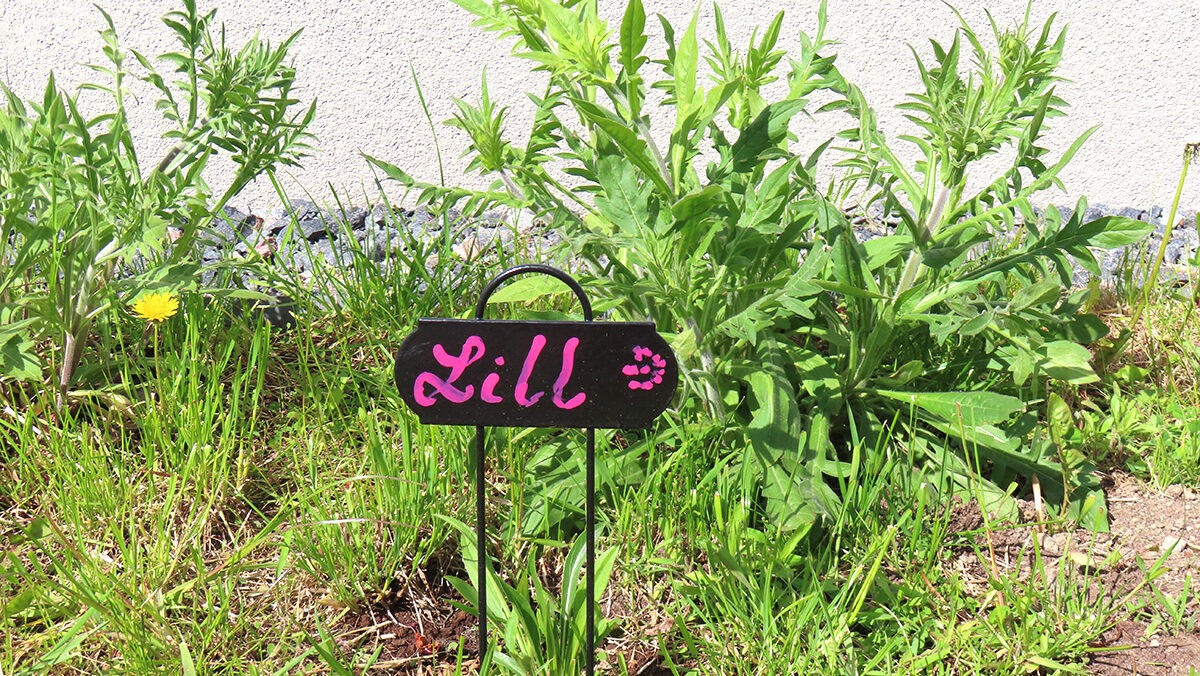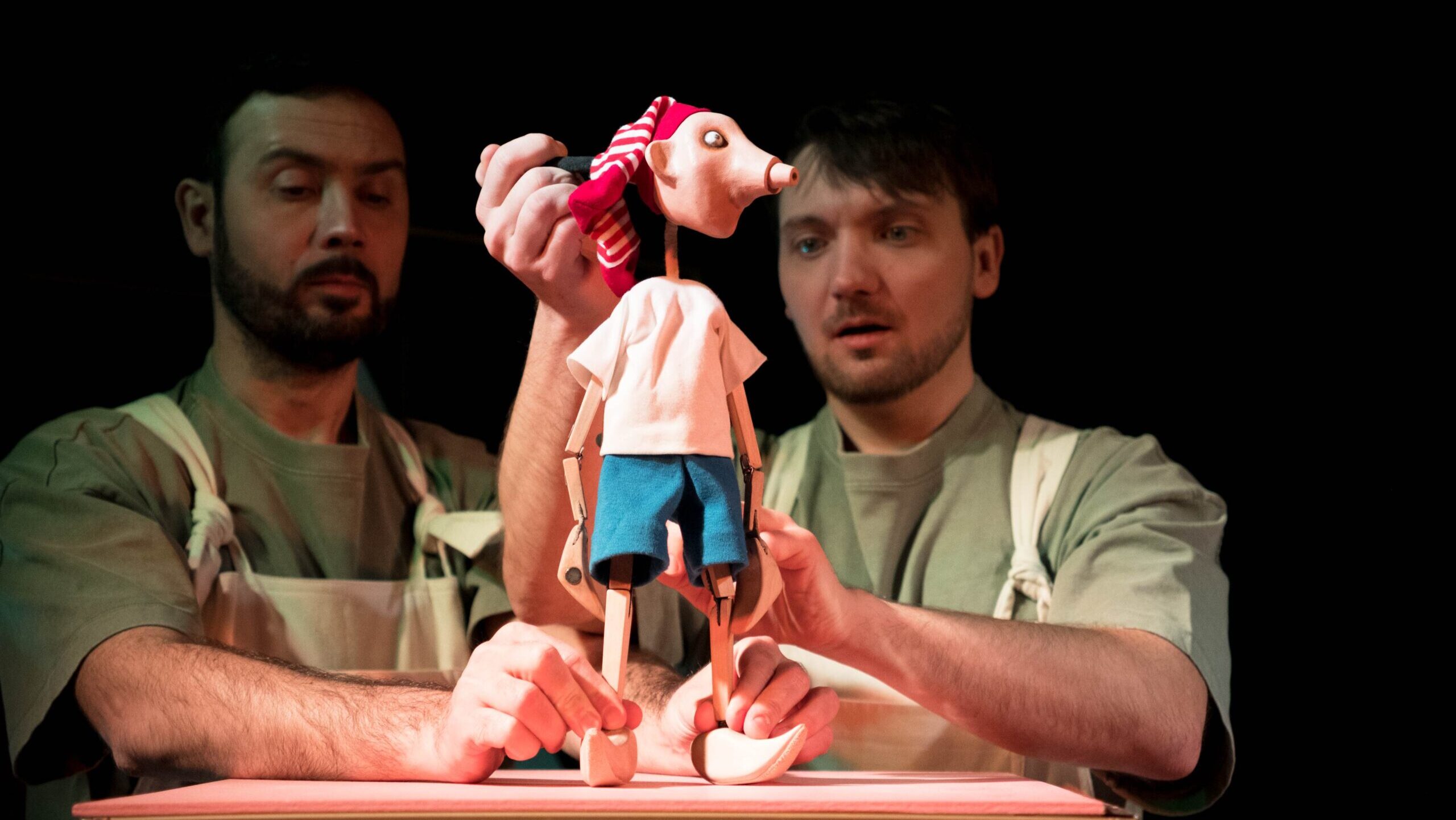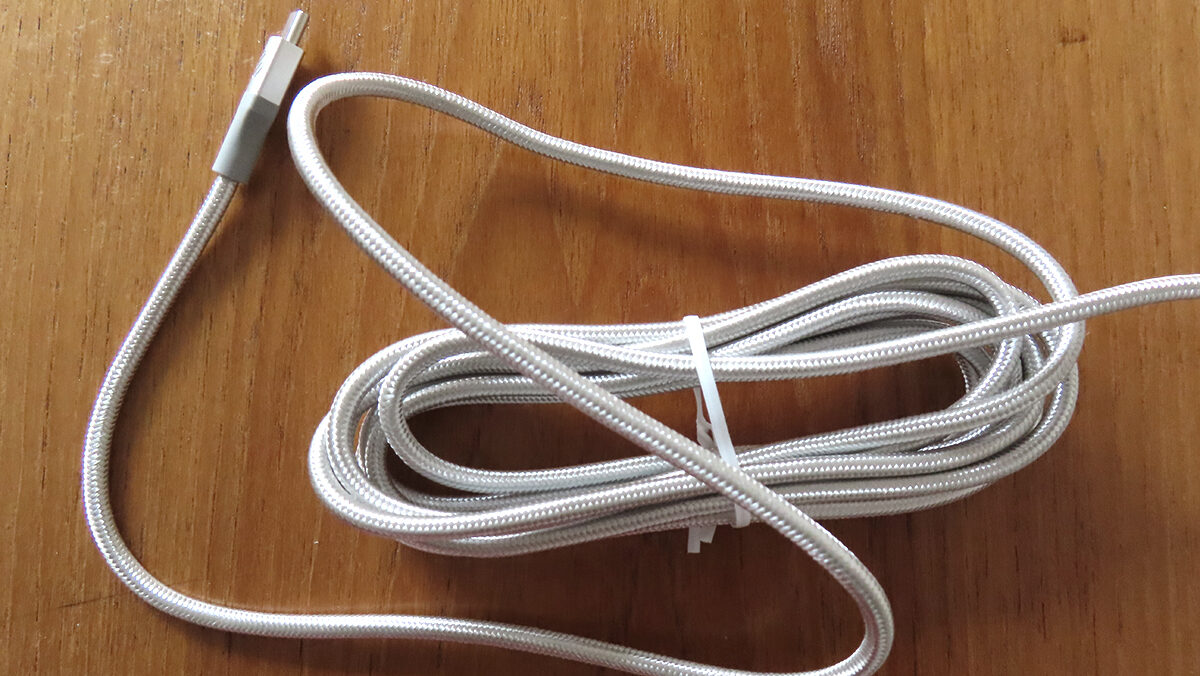
Those accused of war crimes faced the court in France, Belgium and the Netherlands as well. A number of Japanese leaders, who were accused of preparing and waging wars of conquest, were also brought to the International Military Tribunal. However, one of the war criminals, the Soviet Union, got out of the war as an ally and a victor, having conquered new lands and subjected others to its control.
No trial has ever taken place regarding the war crimes and violations of international law committed by this country. Even today, there is a widespread myth that Germany alone was responsible for the outbreak of the Second World War and only Germany committed crimes against humanity. This myth is particularly widespread among Russia’s citizens, or the legal successor of the Soviet Union, as President Vladimir Putin has put it. We currently see this mentality in Ukraine, where a brutal war is taking place, as well as in the attempts to expand power to Belarus, Moldova, Georgia etc. As was said by Russia’s former president Dmitry Medvedev – Russia’s goal is to stretch from Vladivostok to Lisbon.
The war did not end in 1945. During the half a century that followed, Russia certifiably committed brutal crimes against humanity and human rights violations in the territory of the Soviet Union, including in the incorporated Baltic states, and Russia has never had to answer for that. Soviet Union’s war criminals are still considered heroes and liberators in Russia, although Estonia alone lost a fifth of its population due to their actions. When the Soviet Union collapsed in 1991, Russia failed to use the opportunity to develop into a democratic country. Russia chose to continue on its criminal path and still does, ever more publicly and brutally. On February 24th 2022, on the Independence Day of Estonia, Russia chose to continue the war that it had started in Ukraine in 2014 on a full scale, and in one way or another, this affects each and every one of us.
The Estonian Institute of Historical Memory has been organising its Summer Schools since 2018. During four days, we get acquainted with the Second World War and its consequences using the example of Estonian history. We will visit museums and other memorial sites, watch films and meet historians, politicians, political scientists and other experts that help us understand the past as well as the present. We will also discuss how ideologically complex topics of history could be handled in school lessons. In 2023, we will organise a Summer School for history teachers and graduated students, and another Summer School for secondary school and Bachelor’s students.
The Summer Schools are organised in cooperation with the German Embassy in Estonia and participation is free of charge for all. The participants will be provided with accommodation in twin rooms as well as meals for the duration of the Summer School. The participants must cover their own travel expenses to and from Tallinn. The Summer School programme will take place in English.
Registration to the Summer School is open until April 16 (inclusive) and the result will be announced on April 21.
The Summer School for history teachers and graduated students will take place on 23–28 July 2023. Please apply here.
The Summer School for secondary school and Bachelor’s students will take place on 30 July to 4 August 2023. Please apply here.
For further information and questions, please contact Ms. Eli Pilve: eli.pilve@mnemosyne.ee, +372 5622 9686.



